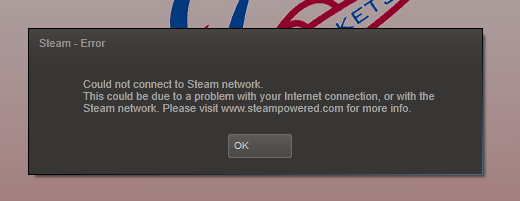A few months back, I did a series of posts titled, "Hey computer teachers, stop wasting students' time". There I laid out the the basic premise that computer class, if it is to have value, should cover Computer Science topics. Hey , Computer Teachers, stop wasting students' time! (Part 1) Hey , Computer Teachers, stop wasting students' time! (Part 2) I wanted to follow those posts up with some really practical posts for computer teachers, particularly those of us from the BCIT certification, who tend to lack of hard-core Information Technology experience. It's easy, after all, to say we need to spend more time teaching students coding, programming, dynamic systems design & analysis, and end-user experience and less time teaching keyboarding, Word, Excel, and PowerPoint, but how do we make that transition? Today I'm going to introduce one tool that is relatively new, but growing quickly in popularity. Common Sense Media App flows Rath







